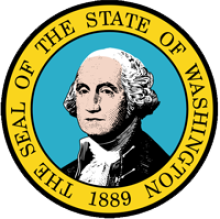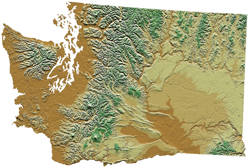Image


 And for local governments,
And for local governments,
According to a 2003 Attorney General Opinion, first class cities and code cities may provide telecommunications services as part of their "home rule powers," except as may be limited by specific statutory language governing particular services. Second class cities and towns, however, do not have the authority to provide telecommunication services.The full summary of the bill:
A public utility district (PUD) or rural port district may provide retail telecommunications services in areas that are within or adjacent to the district. In addition, a PUD or rural port district may provide wholesale telecommunications services in areas that are adjacent to its district. Retail telecommunications services is defined as the sale or lease of telecommunications services or facilities to public agencies, individuals, non-profit organizations, libraries, schools, institutions of higher education, or other public or private entities. Any PUD or rural port district offering retail telecommunications services must ensure their rates, terms, and conditions for retail telecommunications services are not unduly or unreasonably discriminatory or preferential. In addition, PUDs and rural port districts must keep separate accountings of revenues and expenditures for their retail telecommunications activities and may establish a separate utility function. Revenues generated from the retail telecommunications activities must be used to pay off the costs incurred in building and maintaining the telecommunications facilities. If a person or entity receiving retail telecommunications services from a PUD or rural port district has a complaint regarding the reasonable of the rates, terms, conditions, or service provided, the person or entity may file a complaint with their PUD or rural port district. A city or town may construct, purchase, lease, operate, and maintain telecommunications services or facilities in order to provide its inhabitants with telecommunications services. The city or town has full authority to regulate and control the use, distribution, and price of the service. A definition of "utility service" is added with respect to code cities. This definition includes telecommunications services as well as water, sewer, solid waste and electricity.For the actual language of the bill, download HB 1711 [pdf]. If you care about these issues, get involved -- the cable and telco lobbyists will speak for you unless you get involved.
